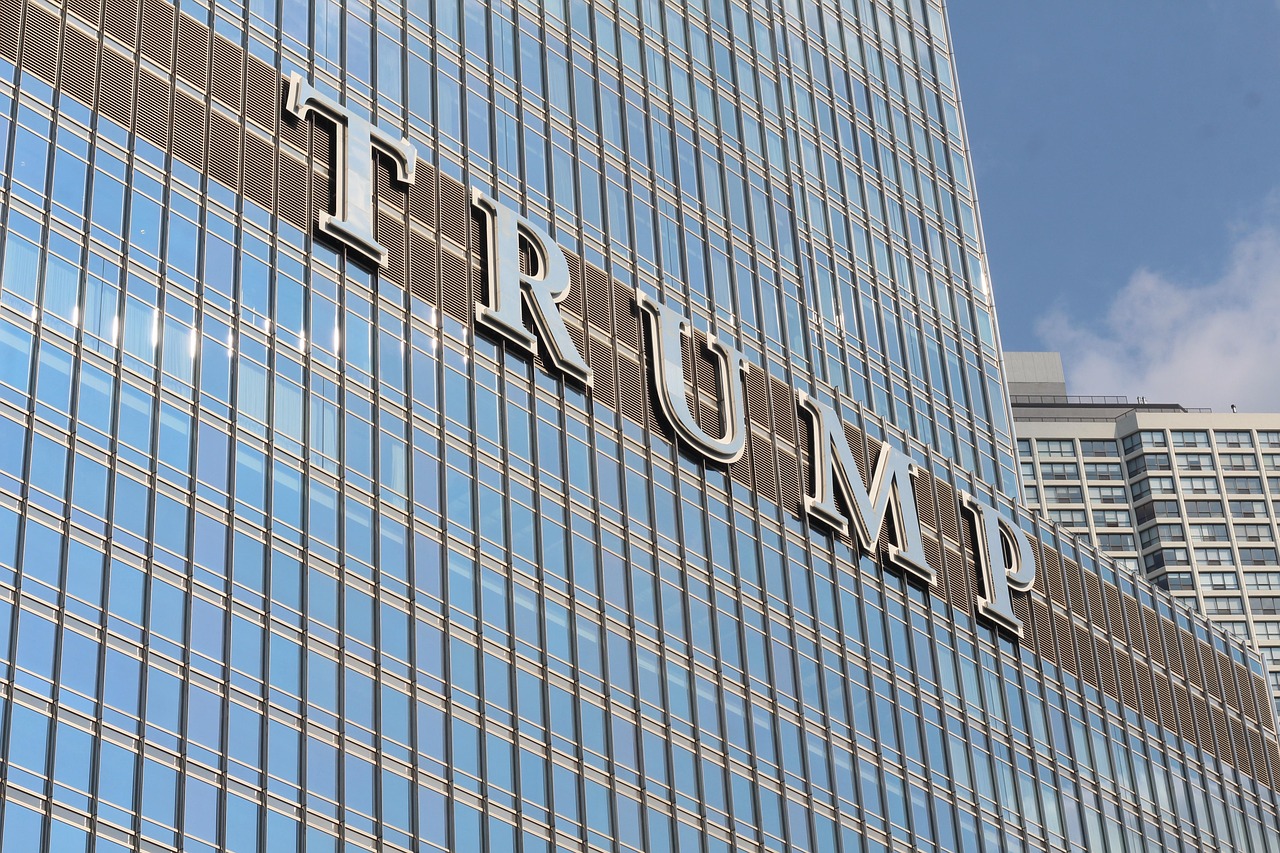
Understanding Trump Hosting West African Leaders
The key development is that President Donald Trump hosted five West African leaders at the White House amid significant cuts to U. S. foreign aid in the region. This meeting included leaders from Liberia, Senegal, Gabon, Mauritania, and Guinea-Bissau. It was framed by the Trump administration as a step toward reshaping U. S. – Africa relations, focusing on economic opportunities and partnerships rather than traditional aid. This unexpected summit signals a strategic pivot in American foreign policy toward Africa under President Trump’s second term, emphasizing commerce and mutual benefit over charity-based assistance.
Why The Trump Administration Cut U S Aid To Africa
The Trump administration recently dissolved the U. S. Agency for International Development (USAID), marking a radical departure from past U. S. foreign aid models. The official rationale was to move away from what officials called a “charity-based foreign aid model” to one prioritizing partnerships with countries that demonstrate “both the ability and willingness to help themselves.” According to Troy Fitrell, a senior U. S. African Affairs official, the goal is to eliminate trade deficits with Africa by fostering equal commerce rather than a donor-recipient relationship. This policy shift reflects a broader Trump administration agenda to recalibrate international aid toward economic self-sufficiency and commercial exchange. ## What Are The Consequences Of USAID Cuts In West Africa. The consequences of dismantling USAID and cutting funding are severe and quantifiable. A recent study in the Lancet medical journal projects that these changes could result in over 14 million additional deaths worldwide by 2030, including 4.5 million children. West African nations are among the hardest hit. For example, U. S. aid to Liberia accounted for 2.6 percent of its gross national income, the highest percentage of U. S. aid relative to GNI globally, as reported by the Center for Global Development. The aid cuts threaten to exacerbate humanitarian crises, reduce food security, and undermine health and development outcomes in these vulnerable countries.
How Does
How Does The Trump Administration Explain The Meeting’s Purpose. The White House described the “multilateral lunch” with West African leaders as a forum to explore commercial opportunities benefiting both the United States and African partners. Discussions were expected to cover economic development, security, infrastructure, and democracy. This approach aligns with the administration’s narrative of shifting away from aid dependency toward mutually beneficial trade and investment. African leaders, including Liberia’s President Joseph Nyuma Boakai, expressed optimism about the summit’s outcomes and reinforced commitments to regional stability and inclusive growth, signaling a cautious but hopeful reception to the new U. S. policy direction.

What Are
What Are The Strategic Interests Behind U S Engagement With These Countries. The five countries represented at the meeting hold strategic importance beyond trade. Senegal and Mauritania are key transit and origin points for migration, issues that the Trump administration prioritizes due to concerns over border security. Meanwhile, Gabon, Guinea-Bissau, and Mauritania face challenges with drug trafficking, which is another focus area for U. S. security cooperation. Although these nations account for a small fraction of overall U. S. – Africa trade, they possess untapped natural resources that could interest American commercial enterprises. The meeting thus serves multiple strategic goals: economic, security, and migration control. ## What Are Critics Saying About The Trump Aid Policy Shift. Critics warn that the abrupt aid cuts and the dissolution of USAID will have devastating humanitarian impacts. The Lancet study’s projection of millions of additional deaths underscores the stakes. Humanitarian organizations and development experts argue that the Trump administration’s focus on commerce risks overlooking the immediate needs of vulnerable populations. The shift away from aid is seen as a gamble that may exacerbate poverty, instability, and health crises in already fragile states. Critics also highlight that these policy changes come without clear transition plans, raising concerns about long-term consequences for U. S. influence and goodwill in Africa.
How Does
How Does The Travel Ban Potentially Affect These West African Countries. Another layer of complexity is the possible expansion of President Trump’s travel ban to include Gabon, Liberia, Mauritania, and Senegal among 36 countries under consideration. This policy could complicate diplomatic relations and hinder people-to – people exchanges and business ties between the U. S. and these nations. Travel restrictions could also affect migrants and diaspora communities, reducing the soft power benefits that often accompany international cooperation. The travel ban’s potential inclusion of these countries juxtaposes the administration’s economic engagement efforts with restrictive immigration policies, reflecting a contradictory stance toward Africa.

What Does This Mean For The Future Of U S Africa Relations
This White House meeting and policy shift mark a turning point in U. S. – Africa relations under President Donald Trump’s administration. The move away from traditional aid toward commerce-based partnerships suggests a long-term strategy to redefine America’s role on the continent. However, the significant humanitarian risks and political uncertainties create a complex landscape. Success will depend on whether economic engagement can compensate for the loss of aid and if security and migration concerns can be balanced with developmental needs. The outcomes of this approach will influence U. S. influence in Africa for years to come, making this period critical for policymakers and stakeholders on both continents.







